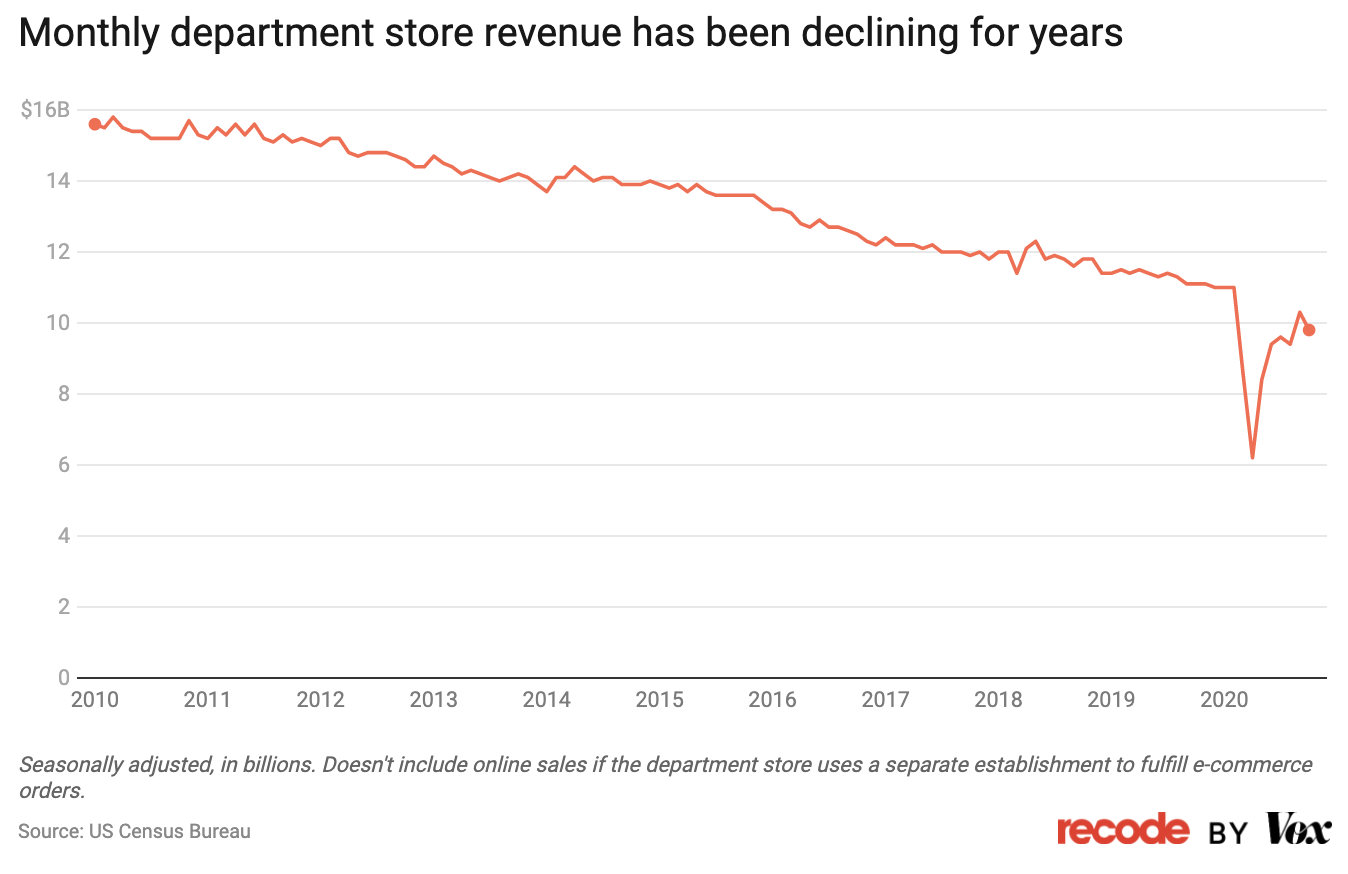My end of week morning train WFH reads:
• The ‘everything rally’: vaccines prompts wave of market exuberance The backdrop to such a frenzy seems improbable. The second coronavirus wave is unravelling some of the tentative economic recovery from the brutal March shock. All told, the global economy is likely to shrink 4.4 per cent this year, according to the IMF — a decline not seen since the Great Depression. (Financial Times)
• Why Modern Finance Is Ruining the World There are plenty of investment opportunities to go around — yet investment professionals spend their time fighting over the limited alpha in tradable markets. Rishi Ganti and Orthogon Partners have a different idea. (Institutional Investor)
• Explaining the Frenzy in the Housing Market One long-lasting result of the pandemic may be innovations that make home buying faster. Mortgage rates are low and continue to fall, increasing buying power and helping to fuel housing price growth. But the rates can explain only so much. The current episode of declining mortgage rates began in late 2018 and has been gradual, whereas the current frenzy began in late spring with a jolt. (New York Times)
• How A Former Pizza Hut Delivery Guy Used TikTok And Instagram To Build Gymshark Into A Billion-Dollar Sportswear Brand In the crowded and well-capitalized sportswear market, Gymshark has become a $1.4 billion–plus brand by paying 80 ripped fitness influencers anywhere from $6,000 to more than $100,000 per year to live—and sell—the Gymshark lifestyle on social media. Founder Ben Francis, 28, has one rule for his athletes: Do you, but do it in Gymshark. (Forbes)
• No-kill, lab-grown meat to go on sale for first time Singapore’s approval of chicken cells grown in bioreactors is seen as landmark moment across industry (The Guardian) see also Lancet: Eating Less Beef Can Save Lives and Help Climate Leading medical journal report finds heat-related deaths in older people have risen 54% in the last 20 years (Bloomberg)
• The recovery of low-wage jobs in America from covid-19 has halted A record 20m Americans filed for unemployment benefits in April, when the jobless rate hit a peak of 14.7%. And yet, even as the virus has persisted, the economy has begun to show signs of life. The latest figures, for October, put the unemployment rate at 6.9%. Data aggregated from private providers offer a much more granular look at the state of the economy. They reveal that not all Americans have benefited equally from the recovery (The Economist)
• Iowa Is What Happens When Government Does Nothing To visit Iowa right now is to travel back in time to the early days of the coronavirus pandemic in places such as New York City and Lombardy and Seattle, when the horror was fresh and the sirens never stopped. Sick people are filling up ICUs across the state. The story of the coronavirus in the state is one of government inaction in the name of freedom and personal responsibility. (The Atlantic)
• Vonnegut, Satirist to the Galaxy A core mystery endures: how Kurt, the feckless Ivy frat boy, became Vonnegut, satirist to the galaxy. Two missing links have recently come to light. The first is an 84-page scrapbook of letters and ephemera compiled by Vonnegut and his family, long hidden, sold to a private buyer at Christie’s in 2018. The second is this collection of 226 wartime love letters, missives, some typed, some handwritten and illustrated. (American Scholar)
• Bonds, heaters and crying on cue: The lost f—ing stories of Jim Leyland “Jim just looked at me and it was like a light in his head went on,” Duke said. “It put things into perspective that this was a real, live deal. We were trying there to earn a living. This wasn’t some fantasy camp thing.” (The Athletic)
• Paul McCartney Is Still Trying to Figure Out Love “What I’m amazed with,” McCartney explained, “is that I’m not fed up with music. Because, strictly speaking, I should have gotten bored years ago.” (New York Times)
Be sure to check out our Masters in Business interview this weekend with Catherine Keating, CEO of BNY Mellon Wealth Management. The group has $265 billion in assets, Previously, she was the Chief Executive Officer of Commonfund. Keating has been named to the “Most Powerful Women in Finance” list and one of the “Most Powerful Women in Banking” list by American Banker.
The death and rebirth of America’s department stores, in charts


Source: Recode
Sign up for our reads-only mailing list here.

